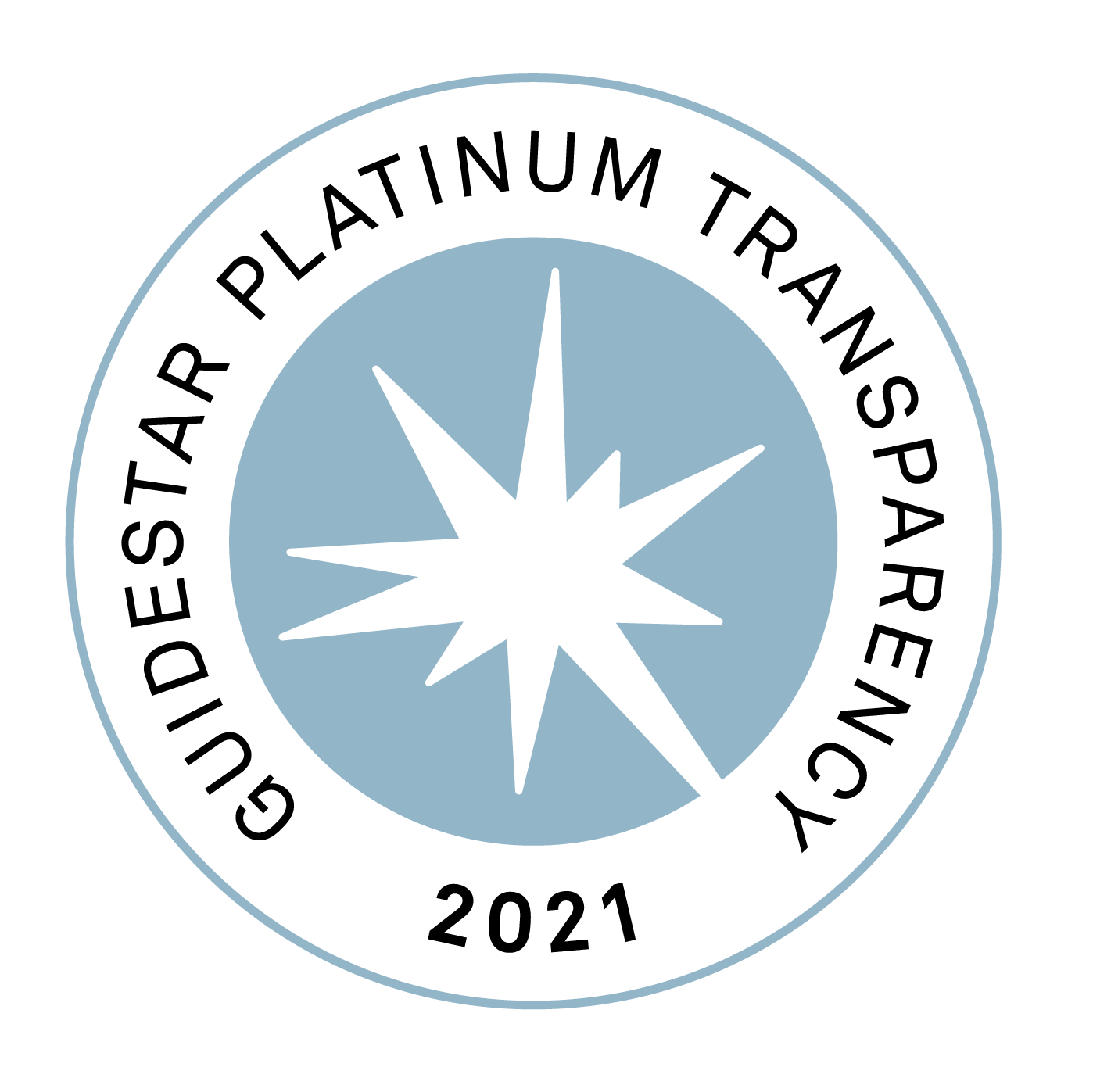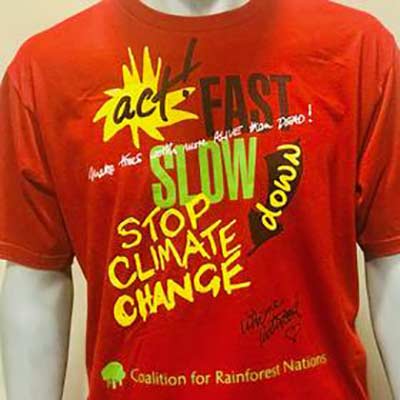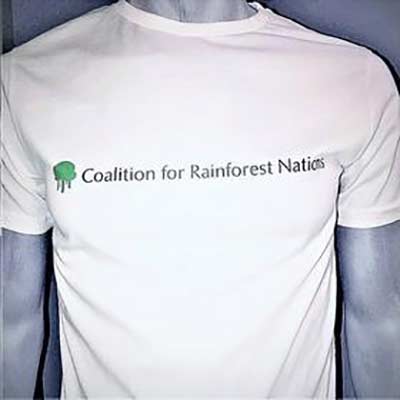
OPINION: How Suriname will sell ITMOs under UN REDD+
September 27, 2024, New York; Quantum Commodity Intelligence – Suriname didn’t cause the climate emergency, yet we all feel the brunt of it daily with changing wet and dry seasons and longer, hotter weather.
We feel the pressure and costs that the changing climate puts on our daily lives, food supply and energy use. Yet, at the same time, Suriname is blessed. We are blessed with Amazonia. We are the most forested country in the world.
Rainforests provide us with many benefits. In addition to water and medicines, they are nature’s first line of defense against climate change. Our forests absorb the emissions that we create from burning fossil fuels and store them, so that they don’t go into the atmosphere and worsen global warming.
The great news is that Suriname’s forests actively remove more carbon from the atmosphere than we emit as a country. We are called a net-carbon remover – we mop up our own emissions and those of other countries too. Our forests are like a huge vacuum cleaner sucking up the carbon emissions of many countries.
Suriname under the Paris Climate Agreement
We, as a country, are part of the world’s climate agreement – the Paris Agreement. Over 190 countries are trying to slow the climate emergency. Like other countries in the global community, Suriname must set and reach targets to reduce its emissions. And Suriname has now over-performed on its climate pledge, largely due to our rainforests.
I am excited to tell you that under the rules of the Paris Agreement which we helped successfully negotiate, the government will now be able to sell on all our behalf carbon reductions resulting from slowing deforestation.
Suriname can sell these carbon reductions to either developed countries, like the Netherlands, that are not hitting their own climate pledges or want to be more ambitious, or to corporations who have net zero carbon goals.
Suriname will be the first country in the world to do this under the Paris Agreement. We are proud of that fact.
These carbon reductions represent the results of all our collective efforts as a nation to slow deforestation at national level.
They are the result of all our efforts and belong to all of us. The carbon reductions are called Internationally Transferred Mitigation Outcomes (ITMOs) and will be sold as carbon credits for the benefit of Suriname.
ITMOs are emission reductions and carbon removals, measured in metric tonnes of carbon dioxide. They must be real emission reductions and/or removals, verified by UN, and result from additional efforts by the government.
In this case, they are the result of successful action, year on year, to slow all deforestation and forest degradation. ITMOs must be authorized by the government of the country under the Paris Agreement.
Suriname will receive credits for the result of action to slow deforestation and forest degradation under the Paris Agreement. Only action for 2021 and beyond qualifies as ITMOs.
We were not rewarded for carbon removals for the entire rainforests, although we should be. So, our current submission nets out both emissions and removals from our forests from the year 2022 onward. We are still getting this submission approved, and then we will have to submit our actual results for 2022 and 2023.
Climate financing
The Ministry recognizes that Suriname is among the most vulnerable countries to the impacts of climate change.
The country has developed a National Determined Contribution (NDC) and a National Adaptation Plan (NAP) to address climate change, but their implementation requires an estimated $10 billion in funding, which Suriname currently lacks. Therefore, the country is actively seeking climate financing, including market-based mechanisms.
Suriname has developed a climate financing policy that includes two main options:
- Market-based Climate Financing: This includes financing for REDD+, monetizing ITMOs, Debt for NDC Swaps, and green and blue bonds, or;
- General mitigation and adaptation funding streams: These include the Green Climate Fund (GCF), Global Environment Facility (GEF), Adaptation Fund (AF), and other conventional financing mechanisms. The Ministry of ROM, as the focal point for the GEF allocation of approximately $24 million, has already invested $20 million in projects in the interior of Suriname.
Suriname has conducted an assessment of its readiness to implement market-based financing mechanisms. The assessment concluded that several elements are required for the monetization of ITMOs under the Paris Agreement, including a fully operational National Registry, submission of an Initial Report and an Authorization Letter to the UNFCCC.
Additionally, to ensure transparency, Suriname needs to develop a benefit-sharing mechanism, internal financial processes, an awareness program on market-based climate financing, dispute resolution mechanisms, audits of ‘use of proceeds’ by an International Auditor, legislation on market-based climate financing, and a governance structure.
The assessment also identified the following challenges:
- Capacity constraints: The complexities of market-based climate financing necessitate capacity building;
- Financial resources: The initial phase (Phase 1) is estimated to cost around USD 5 million, which Suriname currently lacks.
- FPIC protocols and information on market-based climate financing among ITPs: These protocols are currently being developed through the ASL 2 project, funded by GEF resources and approved by the Ministry of ROM.
Suriname plans to structure its market-based financing approach in two phases:
- Phase 1 (2024-2026): Recognizing the need to develop expertise and infrastructure, Suriname will partner with an experienced international organization to facilitate the monetization of ITMOs generated between 2021 and 2025. This partnership will focus on technical expertise, reporting and documentation, institutional arrangements, market access, and capacity building. The legislative framework developed during this phase will address benefit-sharing mechanisms, internal financial processes, awareness programs, dispute-resolution mechanisms, audits, and governance structures.
- Phase 2 (2027 onwards): Suriname aims to achieve self-sufficiency in
accessing market-based climate finance by establishing a specialized Market-based Climate Financing Authority, implementing a comprehensive capacity-building program, enacting legislation, and establishing a national carbon credit trading system.
In the coming months, we will be in a position to sell the first ITMOs on behalf of all citizens. We don’t know exactly what price they will bring, as these are the first Paris Agreement Article 6 carbon credits to be issued.
But we do know that by using this market-based climate finance mechanism, we can create sustainable livelihoods as well as improve our education and health systems. Agroforestry projects, like cash crops – coffee and cocoa, and protecting forests can create real jobs and help Suriname continue to reduce and remove carbon emissions.
Due to limited resources for Phase 1 implementation, Suriname will conduct a pilot project involving the sale of ITMOs from 2021. This pilot project is part of the learning process in Phase 1, during which Suriname will refine its national systems.
In Phase 2, Suriname will operate based on broad consensus, including with ITPs, in accordance with the market financing law that will incorporate the benefit-sharing mechanism.
A benefit-sharing mechanism
We are developing a benefit/revenue sharing mechanism at national level today.So, we must ask ourselves: Should the proceeds all be used for environmental protection and forest preservation, or should we use some of it for our national debt, our education or health systems, or something else?
We are building this mechanism with a very intensive and inclusive stakeholder process that started last month. We want to hear from all groups to forge the right way forward for our nation. What you think is the best use for this revenue and why. Then, we can create a fair benefit-sharing model that serves us all.
It’s important to emphasize that the carbon credits involved in this pilot project are reduction credits, primarily resulting from increased efficiency in the timber sector between 2016 and 2021. The credits of the year 2021, totaling approximately 4.8 million and qualified as ITMOs by the UNFCCC, were not generated from the living areas of Indigenous and Tribal Peoples.
These ITMOs come from carbon reductions stemming from efforts to slow deforestation and degradation in Suriname’s logging and mining concession areas in the East. None of this first issuance of ITMOs derive from carbon removals or carbon reductions from efforts on the tribal lands in the west.
Nevertheless, from the outset, the government of Suriname has prioritized a fully inclusive approach to benefit-sharing for all its citizens and communities, irrespective of where the carbon reductions have taken place. It is critical that everyone’s interests rather than self-interest of individual groups prevail.
The Ministry of ROM upholds the principle of Free, Prior, and Informed Consent (FPIC) and has initiated Phase 1 of its stakeholder engagement process accordingly. In July, we started with three meetings with ITPs.
During these meetings the government spoke to over 30 stakeholder groups, including local and international NGOs, ITPs, and other citizen groups. Many of the groups saw the benefit of UNFCCC process as good for their communities and for the country, and ongoing dialogue is happening on the pilot benefit-sharing scheme.
Unfortunately, VIDS and KAMPOS [two indigenous peoples’ groups] chose not to participate – and have taken no part in the process at their own free will.
Furthermore, no restrictions were imposed on ITPs between 2016 and 2021, allowing them to act freely as they wish. It is critical that everyone’s interests rather than self-interest of individual groups prevail. Our invitation to every group in Suriname remains open.
The Ministry is also committed to developing FPIC protocols with ITPs during Phase 1 for the market-based financing legislation. These protocols will inform the legislation, which will address benefit-sharing, financial processes, awareness programs, dispute resolution, audits, and governance.
We believe that sovereign carbon credits under the Paris Agreement is the right direction to go for our country. For the first year that counts under the Paris Agreement (2021), just under 5 million tons of carbon reductions and removals have been verified by UNFCCC.
If Suriname continues to successfully slow deforestation, we can expect that the UN to issue sovereign carbon credits annually. Suriname was blessed with rainforests. Protecting them will provide a better future for everyone in Suriname with no one being left out.
Marciano Dasai is Minister of Spatial Planning and Environment, Republic of Suriname


